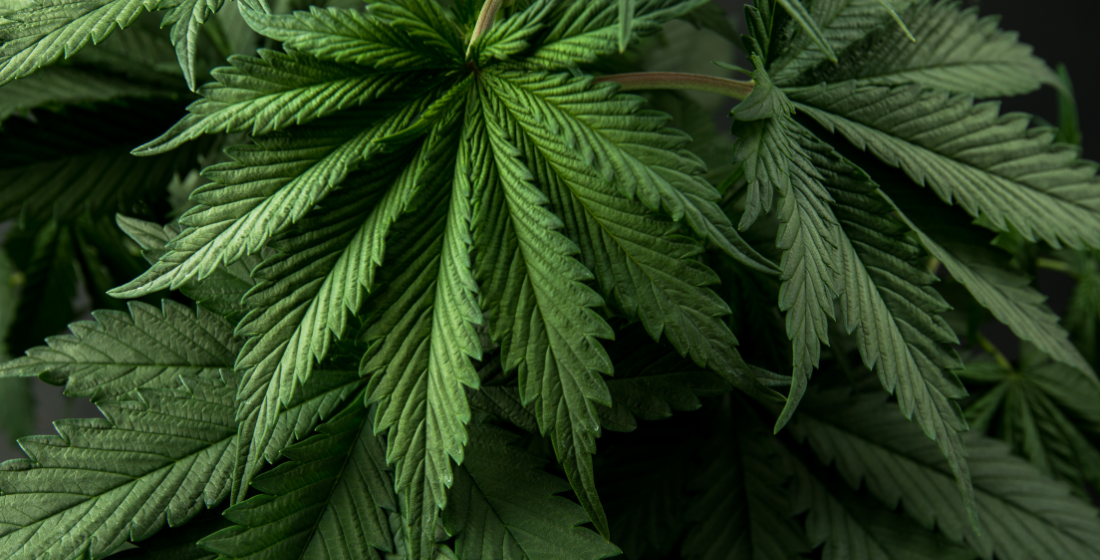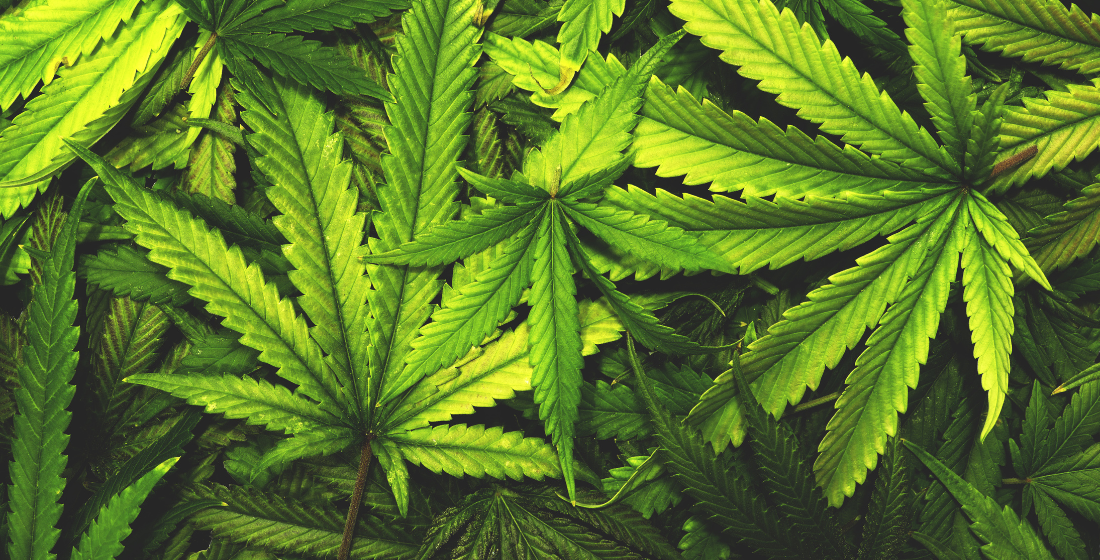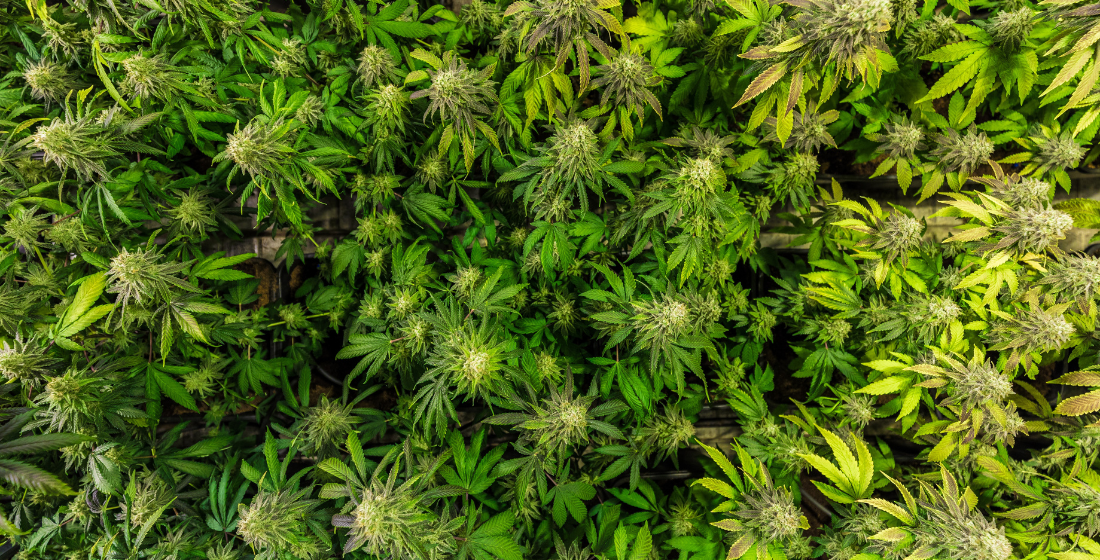Marijuana withdrawal: What are the symptoms and how can one cope with them?
Cannabis, popularly known as marijuana, has become an integral part of many people’s lives. However, like many substances, quitting it can lead to certain withdrawal symptoms. In this article, we will explore the withdrawal symptoms associated with marijuana and offer strategies to cope with them effectively. Withdrawal symptoms and other difficulties An in-depth look at…

Withdrawal symptoms and other difficulties
An in-depth look at the withdrawal symptoms associated with quitting cannabis and some of the challenges that can arise.- The Prevalence: Withdrawal symptoms occur in approximately 75% of daily cannabis users. The more you smoke, the more severe your withdrawal symptoms are when you quit. Symptoms begin on day 1, peak on days 2-4, and usually end after 5 to 10 days. Sleep problems and mood disturbances may persist for several weeks.
- Common Symptoms: The most commonly reported withdrawal symptoms are difficulty sleeping, irritability (and sometimes increased aggression), restlessness, a craving for cannabis, and a depressed mood. These symptoms usually last 4-10 days.
- Sleep Troubles: Sleep is the biggest problem for many people – it is difficult to fall asleep in the first few days of not using. Strange and disturbing dreams can be troublesome at times.
- Physical Symptoms: Some people experience headaches, lose their appetite, feel sick and weak, sweat a lot, and shiver.
- Behavioral Changes: Some people (especially men with a history of severe anger or violence) may become agitated, snappy, and even aggressive when they stop using cannabis. It’s important for those around you to be aware of these potential changes.
- Self-medication Caution: If you are self-medicating physical or mental health symptoms, sometimes you may feel worse while reducing or stopping use of cannabis. Consulting a medical specialist is highly recommended.
How to cope with withdrawal symptoms?
Practical advice and steps one can take to manage and minimize the discomfort of withdrawal symptoms from marijuana.- Stay Active: Engage in physical activity. It can help distract the mind and also has numerous health benefits.
- Set Goals: Find a long-term and meaningful goal in life. Having something to strive towards can act as a distraction.
- Commit: Commit to work or study, as it can provide a sense of purpose.
- Limit Exposure: Break up or limit old contacts associated with cannabis use to reduce temptation.
- Seek Help: Consider visiting a specialist, like a psychiatrist. Sometimes medications can assist in coping with withdrawals symptoms.
- Relax: Do breathing exercises or take long walks. They can be great for relaxation and clearing the mind.
- Stay Hydrated: Drink mineral water, at least 2 liters a day.
- Reward Yourself: Schedule a small celebration a month from the date you start quitting cannabis. It’s a motivation boost.
- Natural Remedies: Drink lemon balm tea, which can help relieve tension and irritability.
- Maintain Routine: Give your day a rhythm – wake up at the same time every day and maintain a structured schedule.
- Dietary Tips: Get on an easily digestible diet. Eating citrus fruit and tomatoes can help with bouts of hot flashes and sweating.
Similar Posts
Basics of Cannabis: Facts, Statistics and Active Components
The popularity and therapeutic potential of cannabis have made it a focal point of research and debate. Whether you’re considering its medicinal properties or just curious about its effects, understanding the basics of cannabis is essential. This article delves into the facts, statistics, and active components that make up this multifaceted plant. The Psychoactive Powerhouse…
Cannabis Dependence: Reasons People Quit, Symptoms and the Healing Process
Cannabis, while known for its recreational and medicinal properties, can lead to dependency for some individuals. The journey of reducing or quitting cannabis use is challenging but offers many benefits. This article provides insights into the reasons people quit, the symptoms of cannabis dependence, the healing process, and suggestions on how to reduce cannabis consumption….




